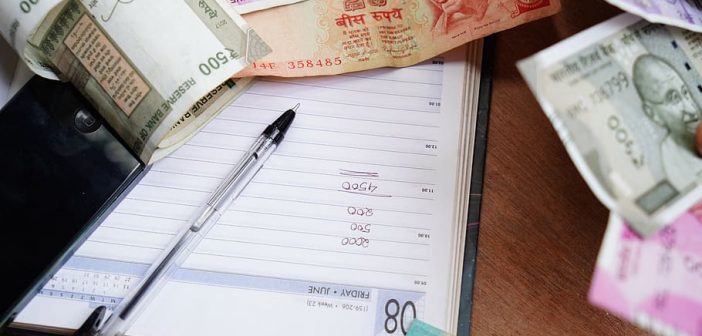In the age of digital banking, where mobile apps and internet banking reign supreme, the humble passbook might seem like a relic of the past. However, in India, passbooks continue to hold significant value for a large segment of the population. While their primary function of recording transactions remains vital, passbooks offer a surprising range of other uses that contribute to financial management and even serve as a form of security.
The Traditional Role: A Record of Transactions
The most fundamental purpose of a passbook is to provide a physical record of all debit and credit transactions in a bank account. This detailed breakdown, typically including dates, amounts, and brief descriptions, offers several benefits:
-
Verification and Dispute Resolution: In case of discrepancies or errors in bank statements, a passbook serves as a tangible record for verification and dispute resolution. It provides a clear chronological trail of transactions, making it easier to identify and address any discrepancies.
-
Budgeting and Expense Tracking: Passbooks allow users to manually track their spending patterns. By reviewing entries, individuals can gain valuable insights into their financial habits and identify areas where they can potentially cut back or adjust their budgets.
-
Monitoring Account Activity: Particularly for those less comfortable with digital interfaces, passbooks offer a sense of control and transparency over their accounts. Regularly reviewing the passbook allows users to monitor account activity and identify any suspicious transactions.
Beyond Transactions: Additional Advantages
Passbooks offer a surprising range of benefits beyond simply recording transactions:
-
Proof of Account Ownership: In situations where digital access might be limited, a passbook can serve as a physical document proving account ownership. This can be particularly helpful in rural areas or for those unfamiliar with online banking procedures.
-
Applying for Loans or Credit Cards: Some financial institutions might still require a passbook as part of the documentation for loan or credit card applications. The passbook provides a snapshot of an individual’s financial history and spending habits, which can be helpful for lenders in making informed decisions.
-
Government Benefits and Subsidies: Certain government benefits or subsidies might require beneficiaries to link their bank accounts with a passbook. This ensures transparency and facilitates the disbursement process.
-
Evidence for Tax Purposes: In some cases, passbook entries can be used as supplementary evidence for tax filing purposes, particularly for individuals with income from sources not reflected in digital statements.
A Bridge Between Generations: Digital Divide and Literacy
The continued relevance of passbooks in India can be attributed to several factors, including the digital divide and varying levels of financial literacy.
-
Limited Digital Access: Despite significant strides in internet penetration, a significant portion of the Indian population still lacks access to reliable internet connectivity or smartphones. For these individuals, passbooks provide a readily accessible way to track their finances without relying on digital tools.
-
Financial Literacy Concerns: Financial literacy levels in India remain uneven, with a significant portion of the population, particularly in rural areas, less comfortable with digital banking platforms. Passbooks offer a familiar and user-friendly way to manage their finances.
The Future of Passbooks: Coexisting with Digital Solutions
While digital banking offers undeniable convenience and efficiency, passbooks are unlikely to disappear entirely from the Indian banking landscape.
-
Complementary Tools: Passbooks and digital banking can co-exist as complementary tools. Users can leverage the real-time updates and convenience of digital platforms for everyday transactions while maintaining a passbook for record-keeping and verification purposes.
-
Evolution of Passbooks: The future might see passbooks evolve. Banks could explore digital versions of passbooks, accessible through secure online portals, offering the benefits of a physical record with the convenience of digital access.
Conclusion: A Matter of Choice and Convenience
In conclusion, passbooks remain a relevant and valuable tool for many bank account holders in India. They offer a tangible record of transactions, serve as proof of account ownership, and bridge the gap for those with limited access to digital platforms. Ultimately, the choice between using a passbook or relying solely on digital solutions should be a matter of individual preference and comfort level. As India’s banking sector continues to evolve, the passbook might adapt and find its place alongside more technologically advanced solutions.





